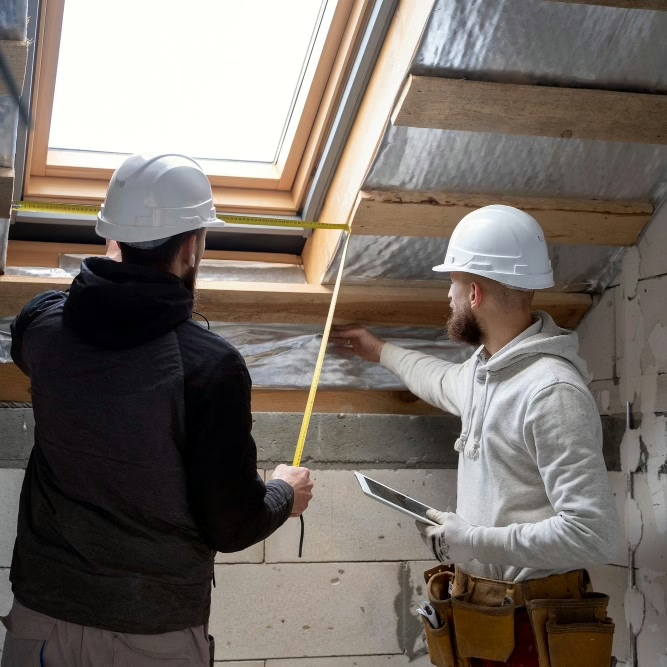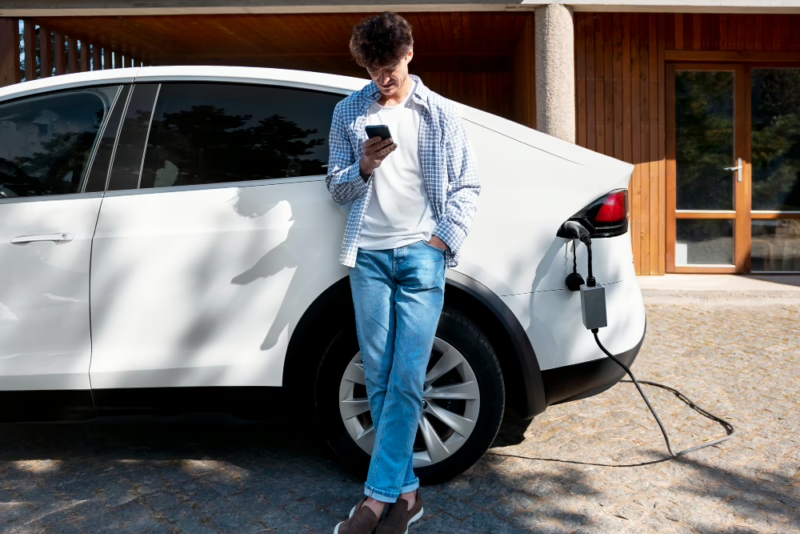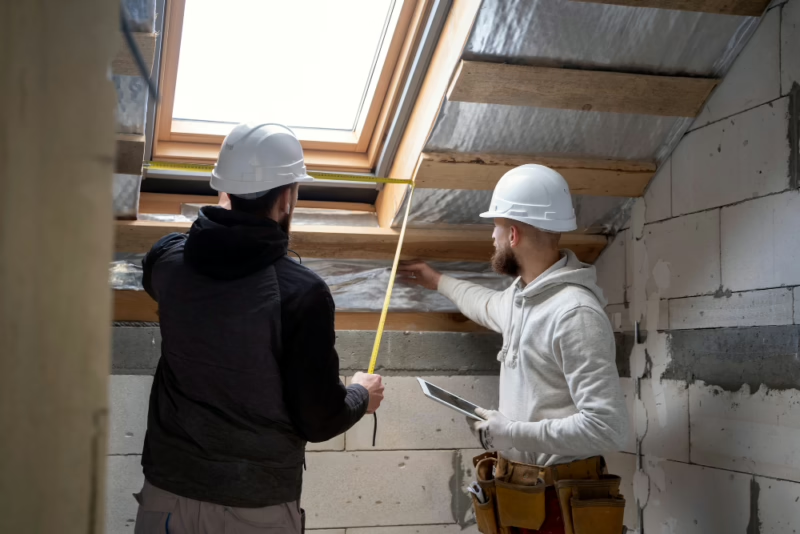When it comes to choosing home improvements to focus on, it’s worth thinking about the future and how things may change.
In the next few decades, there will likely be many laws coming in to protect the environment. Making eco-friendly changes to your home now could save you money in the future as energy prices rise. Some of these changes could even help you comply with tightening sustainability requirements.
If you ever sell your home in the future, it could also be worth considering what it is that future buyers may be looking for. Certain features could make your home more attractive and valuable and could be worth investing in now.
Planning for your current home to be your forever home? In this case, it could be worth planning for old age. Making some senior-friendly upgrades now could reduce the stress of having to organise them later.
All in all, there are a few different ways to future-proof your home. This post explores five examples of great future-proofing improvements.
Solar panels
Solar panels are possibly one of the best investments that you can make right now when it comes to home improvements. A large enough solar panel system will prevent you from having to ever pay another energy bill again. As energy bills rise and solar panel costs decrease, solar panel customers can expect quicker returns. Your home will also have a much better energy rating, and its value will increase (good news if you ever plan to sell).
Companies like All Seasons Energy can help you install solar panels – and may even be able to help you explore government grants so that you can save some money on installation. There are different types of solar panels to choose from. Some are able to harvest more energy but may cost more to install.
EV charging station
The UK is currently in the process of phasing out petrol vehicles in favour of electric vehicles. There will be a time in the near future when most of us own an electric vehicle. Installing an EV charging station now could prepare you for this – giving you the option to charge from home rather than having to rely on public chargers. EV chargers can also add value to your home.
You can install different types of EV chargers. The most expensive ones can fully charge a car in minutes. Cheaper EV charging stations (under £1000 to install) are more likely to take 10 hours + to fully charge a vehicle.
Smart tech
Smart tech is already being introduced into newer homes as standard and will likely be something homeowners of the future expect when buying any property. Such tech includes smart heating, smart lighting and smart security – all of which can be controlled remotely from an app. Such tech is thought to hugely benefit the ageing population of the future. It can also save many homeowners money by enabling remote monitoring of one’s energy usage.
If you haven’t got any smart tech installed in your home, smart heating could be a good place to start. There are companies that can install this tech for you. This guide at Home Stratosphere explains more about some of the smart home tech options available.
Insulation
Insulation can help trap heat in your home, saving you money on energy for heating. Installing insulation can also add value to your home. Types of insulation to consider include roof insulation, wall insulation, window insulation and door insulation. If your home is poorly insulated, it could be worth exploring these options (especially as home insulation requirements will likely become stricter in the future).
Installing fiberglass attic insulation can reduce your carbon footprint by using less energy to heat and cool your home. This can help reduce emissions of pollutants like carbon dioxide, sulfur oxide, and nitrogen oxide. Top-quality insulation can be a real selling point if you’re planning on selling your home.
Insulation is something you may be able to install yourself, although certain forms of insulation, like double glazing, are still probably best left to an expert. As with solar panels, there are grants available that may be able to reduce the cost of installing insulation.
Disability modifications
New homes are being designed to be more inclusive to aid people with disabilities. Mobility issues are a form of disability that is particularly common – especially among the elderly population. Adding some disability modifications to your home could help prepare you for getting older. Walk-in showers, wider doorways and ramps are just some of the upgrades that could be worth considering. Grab bars and stairlifts can also be useful for those facing mobility issues, but these modifications may negatively affect the value of your home, so be wary of this.
There are grants that can help pay for disability modifications. Look into these before making any improvements so that you can save some money.



